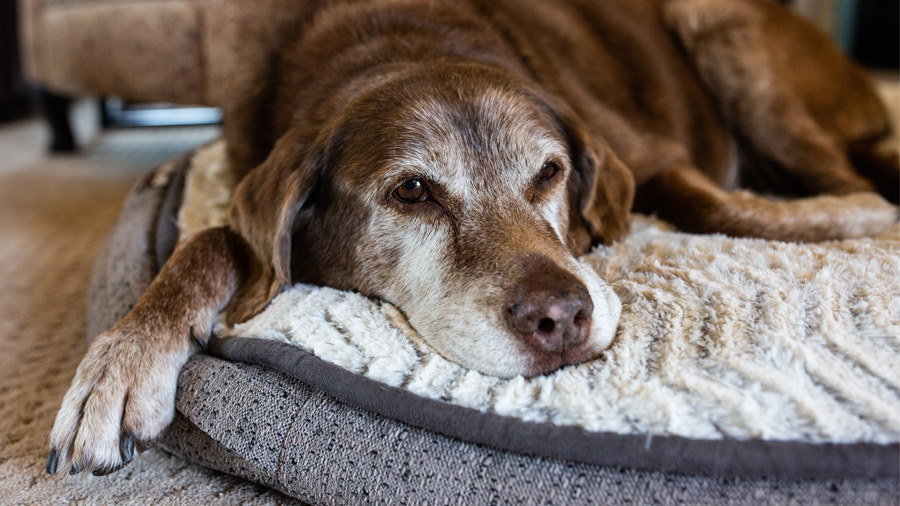Research the Commitments of Ownership
Parrots are gorgeous, highly intelligent, socially complex, loud, long-lived birds. Anyone who is contemplating adding a parrot to the family should thoroughly research the needs of these fascinating and demanding pets, advises Dr. Krista Keller, a board-certified specialist in zoological medicine at the University of Illinois Veterinary Teaching Hospital in Urbana.
Lifetime Commitment
Choosing to welcome a parrot into the family is a life-long commitment and should not be made lightly.
“Of the more than 350 species of parrot found in the wild, the pet trade includes several, such as cockatiels, budgerigars, African grey parrots, Amazon parrots, and cockatoos,” says Dr. Keller. “Large species of parrot may live more than 70 years, while smaller species like the budgerigar may live only into their teens.”
In general, the larger the parrot, the longer they will live. Individuals and families should consider their long life prior to obtaining a parrot. Many families have a living will for their parrot companions that includes who would care for their feathered friend and often includes funds to continue the prolonged care for this family member.
Diet Diversity
“One of the more common reasons parrots come in for evaluation is to treat nutritional disorders stemming from an inappropriate diet,” Dr. Keller says. “This includes obese parrots!”
When parrots are fed a high-fat diet but not given the exercise they need, they may develop heart disease, liver disease, or arthritis.
In the wild parrots spend much of their time and energy foraging for their food. They not only enjoy a variety of food sources, but they also get plenty of exercise doing so!
Although it is sold in stores, a seed-based diet is not a nutritionally complete diet and are not recommended. Seed diets are very high in fat with low amounts of important nutrients like vitamin A and calcium. Dr. Keller recommends feeding parrots primarily a commercial pelleted diet, supplemented by veggies and fruits and a few healthy nuts and treats.
More Space, Please!
Pet parrots are often kept in cages that do not allow them to exhibit normal parrot behaviors, such as flying. Dr. Keller says that a cage only large enough to allow a bird to flap its wings is far too small, despite some recommendations to the contrary.
Owners of large parrots face the difficulty of either finding a very large cage or devoting an entire room to their parrot, which may not be possible. If the bird is not caged, its surroundings must be thoroughly parrot-proofed to keep it safe. Parrots have been known to chew wires and get electrocuted or to eat something that is toxic to parrots, such as metals or avocado.
In general, providing some boundaries, in the form of a cage can help protect parrots from household dangers and the bigger the better, but a bird will need ample time outside their cage while supervised to get much needed exercise and activity.
Social and Emotional Needs
“Parrots are social creatures that naturally live in flocks. During the day they can be found devoting hours to playing, grooming, finding food, and discovering the world with other parrots of the same species,” explains Dr. Keller. Unfortunately, when kept as a companion, a parrot may spend a lot of time alone while the human family members are at school or work. This makes for a very lonely and often frustrated parrot.
A lack of mental stimulation, reproductive frustration, social anxiety, and other unmet needs may lead to behavioral issues. Feather picking, which is also called feather destructive behavior (FDB), is a very common behavioral problem. FDB often indicates a psychological or mental illness.
“In cockatoos, a classic behavioral issue arising from lack of social interaction is screaming,” Dr. Keller says. Cockatoos may scream as a sign of separation anxiety. Screaming and squawking is a nuisance and stressful to the human family members.
Biting and other destructive behaviors seen in parrots represent more dangerous behavioral concerns. Parrots have strong beaks that break open nuts and seeds and even peel the bark off trees. It is normal behavior for parrots to destroy things in their environment, but they can cause serious injuries to humans who wind up as the focus of the bite.
Owning a Parrot
“Everything about parrots that make them interesting to have in our homes—their intelligence, ability for some species to talk or mimic, and interaction—also make them a challenge to keep in our homes,” Dr. Keller says “They are incredibly intelligent and therefore require a fantastic amount of stimulation to keep them from being self-destructive or destructive to your property.” Simply providing a toy or even a toy a day isn’t enough to meet their needs.
If you are set on having a feathered family member despite this information, Dr. Keller recommends adopting a parrot, rather than purchasing one, and basing your decision on its personality and not its looks.
“Parrots should not be brought into your home on a whim,” Dr. Keller warns. “If you have done your research by reading this and many other articles and if you can accept that a parrot may bite, scream, squawk, be destructive to your property, and live dozens of years, then perhaps you are crazy enough to have a parrot family member.”
“Remember: parrots are forever.”
If you have questions about parrots, contact your local veterinarian or visit www.aav.org.
By Beth Mueller
Photo by L. Brian Stauffer

![[Dr. Krista Keller with Leo]](https://vetmed.illinois.edu/wp-content/uploads/2021/04/pc-keller-parrot.jpg)


